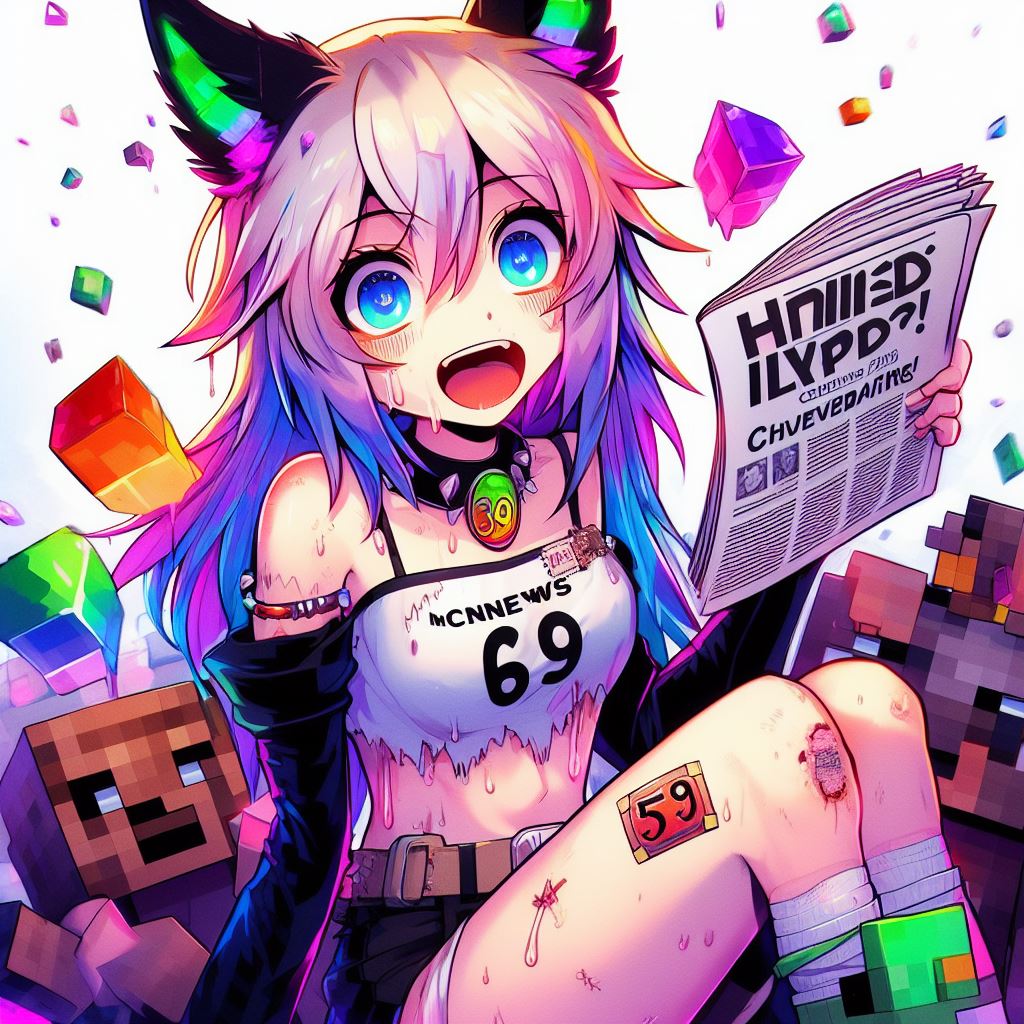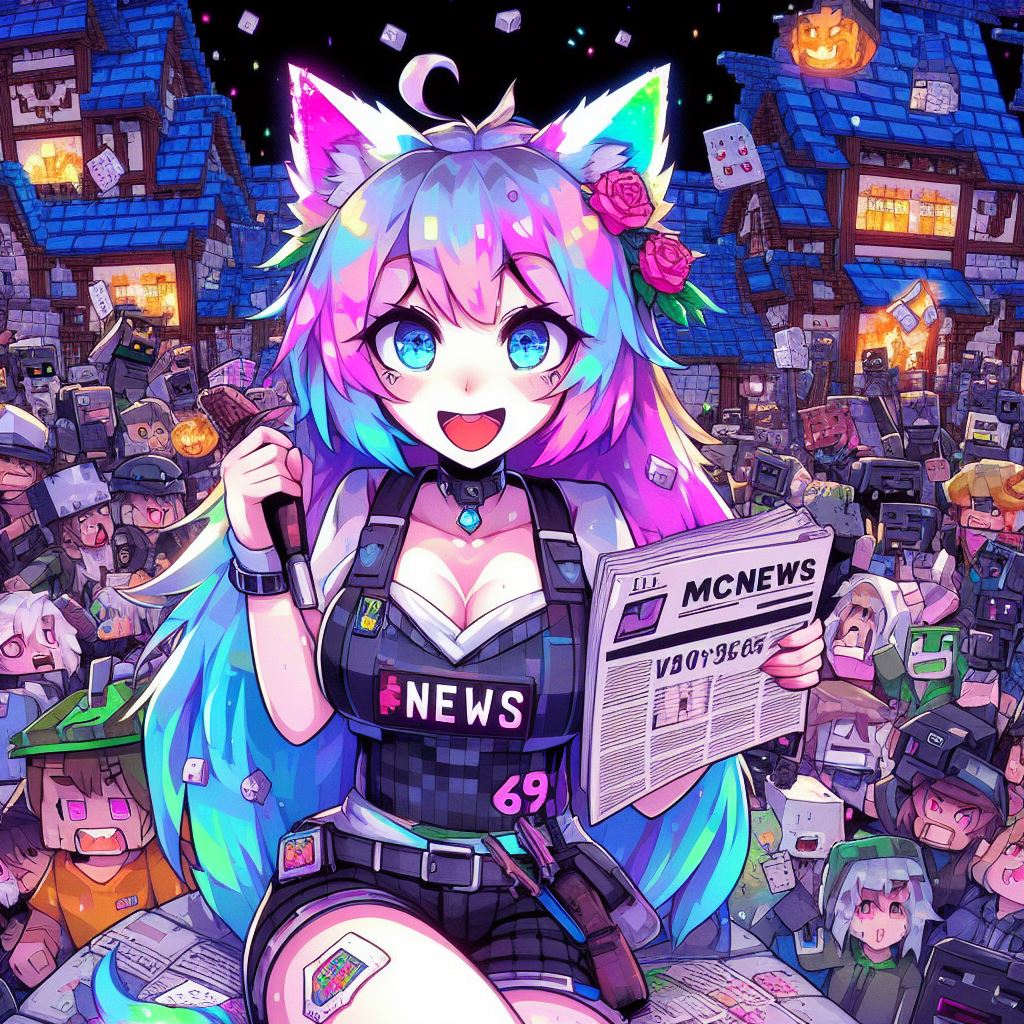

Sykese, a popular Minecraft content creator, recently addressed his decision to avoid covering controversial topics in the Minecraft community. In a video, he explained his reasons for steering clear of drama involving prominent figures like Dream and MinuteTech. Let’s delve into his perspective and explore the implications of his stance.
Reason 1: Sykese’s Ethical Approach Sykese emphasized the importance of maintaining ethical standards when discussing sensitive issues. He expressed reluctance to make definitive statements about ongoing controversies, such as the allegations against Dream, without concrete evidence. This cautious approach reflects his commitment to integrity and responsible content creation.
Reason 2: Risks of Misinformation Sykese highlighted the potential pitfalls of engaging with contentious topics. He underscored the need for meticulous research and accuracy to avoid spreading misinformation. The repercussions of disseminating false or misleading information can be detrimental to a creator’s reputation and credibility.
Blissolic vs. Twitter: A Cautionary Tale Sykese cited the case of Blissolic, a fellow Minecraft commentator known for delving into scandalous content. Blissolic’s handling of the Dream allegations exemplified the perils of sensationalizing controversies without substantiated evidence. His video, purportedly debunking the allegations, backfired when it failed to provide compelling proof, leading to public scrutiny and eventual retraction.
Reason 3: Over-Saturation of Content Sykese acknowledged the saturation of drama-related content within the Minecraft community. He expressed reluctance to contribute to the echo chamber of repetitive coverage, where numerous creators rehash the same narratives ad nauseam. By abstaining from such topics, Sykese aims to offer his audience fresh, distinctive content.
In conclusion, Sykese’s decision to eschew controversial Minecraft drama stems from his principled approach, aversion to misinformation, and desire to offer unique content. By prioritizing ethical considerations and originality, he sets a commendable standard for content creators navigating the complex terrain of online discourse.

Sykese’s thoughtful stance serves as a reminder of the importance of integrity and discernment in content creation, particularly when addressing contentious subjects. As the Minecraft community grapples with ongoing controversies, Sykese’s approach offers a valuable model for responsible engagement.







































